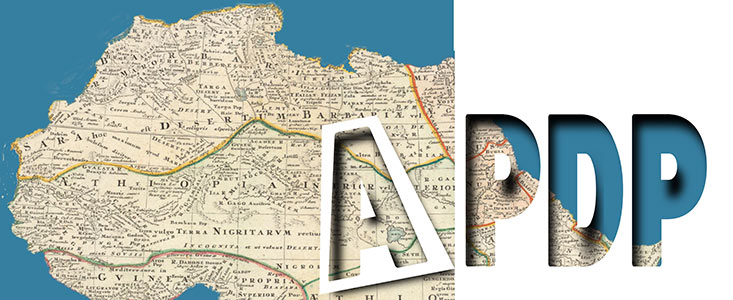A Survey of African Poetry in the London Times, Sunday Times, Financial Times, the Times Literary Supplement 1865-1985
In brief (1988-06-03)
Type
News ReportPublished
1988-06-03The Times Literary Supplement
Authors (0)
No AuthorCitation
Excerpt
[Full Text]: "An international symposium held in Lagos last month addressed the theme of African Literature before and after the 1986 Nobel Prize, which was won by Wole Soyinka; it was meant to celebrate Europe's recognition of that strand of African literature which is written in European languages. Significantly, not one griot or towncrier from the oral tradition had been invited; not one representative of African literatures in African langauges participated. Many participants criticized the Eurocentrism of the Nobel theme. While Gabriel Okara (a Nigerian novelist and poet of the generation which began to publish at the time of independence in the early 1960s) saw the Nobel award as a 'recognition of African literature in the global context'. Zulu Sofola, a Nigerian playwright of the next generation, viewed it with reservations: 'If the award was given to Soyinka as a ticket to enable us to enter into the club of Western writers, then it is not useful to us.' A third interpretation was offered by William Conton, a novelist from Sierra Leone, who thought of it as 'a recognition of an African writer, who writes according to the concept of literary excellence of a group of Europeans.' In his address to the Conference, the Nigerian president, Ibrahim Babangida, stressed the need to preserve African literature in native language as the use of foreign languages tends, he said, to obscure the character of these works. G. G. Darah of Nigeria, citing the example of his researches into the oral literature of the Urhobo, declared that the corpus of the African spoken tradition is vaster than that of Europhone literature, and that its preoccupations are more relevant to the majority of Africans today; the Nigerian poet and polemicist, Chinweizu, argued that the Nobel was irrelevant to African culture: Europhone African literature--barely a century old--should take second place to Afrophone African literature, which is at least 5,000 years old. Eurocentrics attempted to curb the tide of Afrocentrism with vague pleas for cultural 'universalism'; or with claims that a return of the sources of African civilization would be 'naive romanticism' but at the end of the five-day conerence it was clear that the indigenous agenda had won. A resolution honouring Cheikh Anta Diop, whose studies in Egyptology recovered for African heritage the achievements of the Egypt of the pharoahs, was moved from the floor and added to the official communique."
Related People (8)
- Okara, Gabriel | Poet
- Ibekwe, Chinweizu | Poet
- Soyinka , Wole 'Akinwande Oluwole Babatunde' | Poet
- Sofala, Zulu | Writer
- Babangida, Ibrahim | Politician
- Darah, G. G. | Academic
- Diop, Cheikh Anta | Academic
- Conton, William Farquhar | Writer
Tags (3)
Repositories (1)
- The Times Literary Supplement


